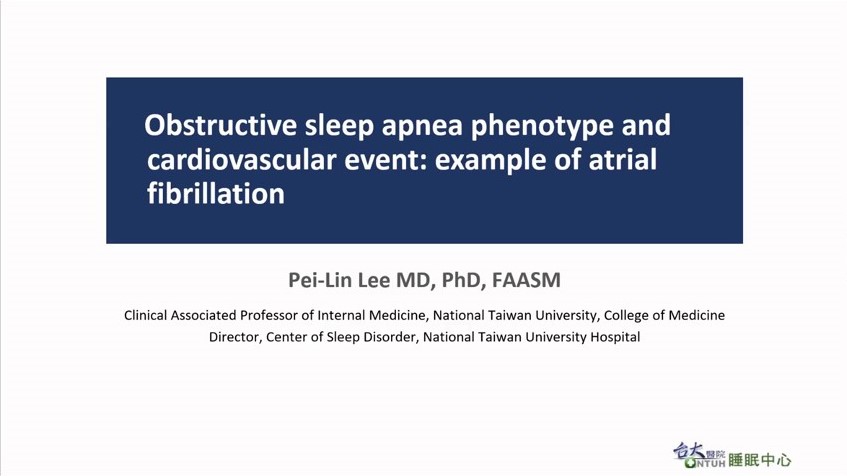
Obstructive sleep apnea (OSA) is characterized by repeated episodes of upper airway obstruction that results in cessation of airflow during sleep. Untreated OSA may increase the probability of developing cardiovascular diseases, metabolic disorders, and neurocognitive dysfunctions. Evidences support that OSA is independently associated with atrial fibrillation (AF) and severity of OSA may have a dose relationship with AF incident. The prevalence of OSA in general population is 9-38% which increases to 21-47% in patients with AF. Vice versa, the prevalence of AF in general population is 1% which increases to 4% in patients with OSA. Evidences supporting screening of OSA in patients with AF undergoing catheter ablation are strongly while evidences are weak for other patients with AF. Vice versa, the evidences supporting screening of AF in patients with OSA are weak and no evidence suggests the modality for OSA screening. Though CPAP treatment is the standard treatment for OSA, its impact on AF burden is not clear.